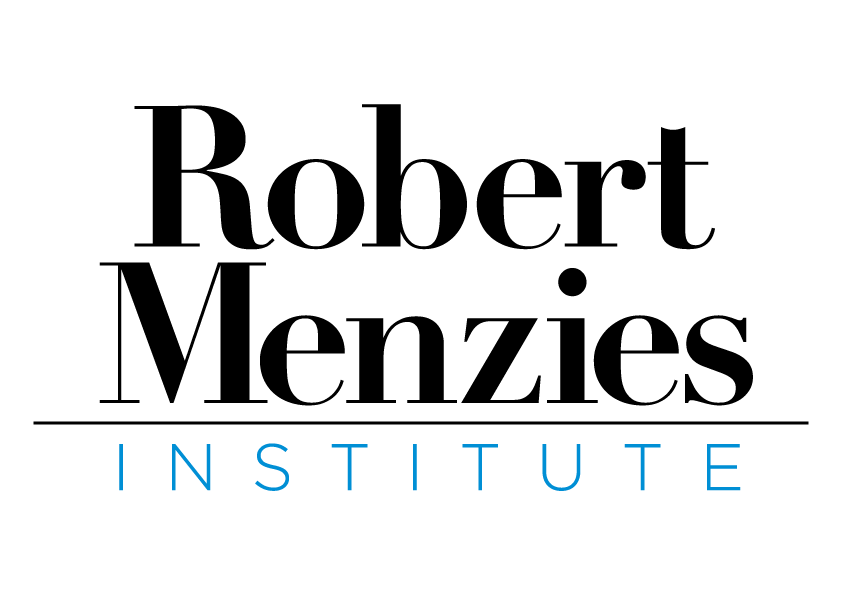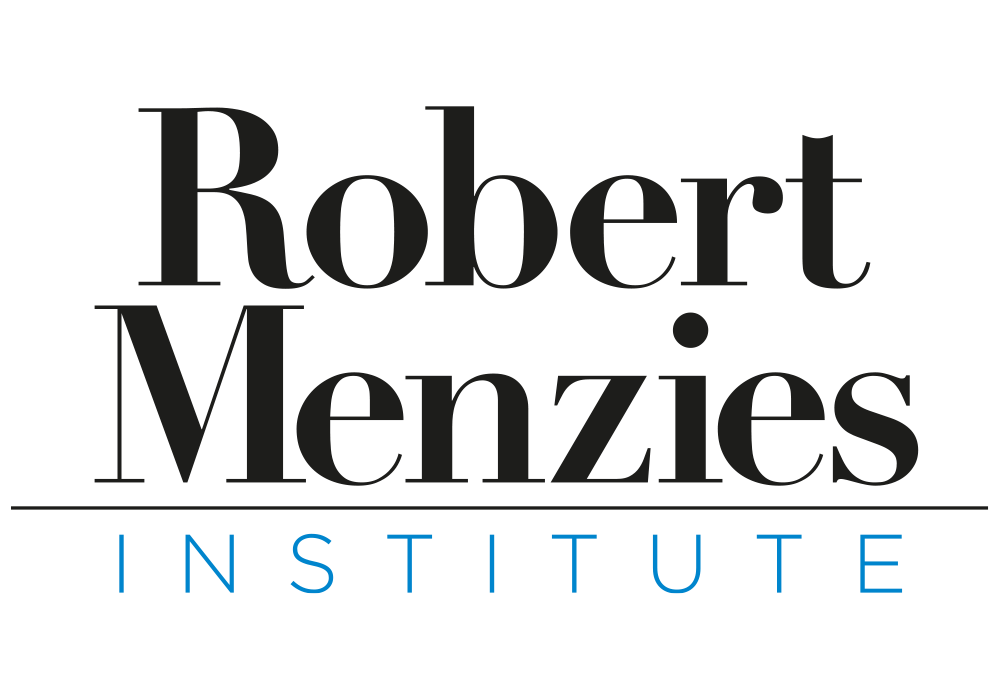The prime minister who found solace in poetry
Robert Menzies loved novels, plays and poetry, and dabbled in the odd rhyme himself.
TROY BRAMSTON | The Australian, 1 June 2024
From his earliest days as a schoolboy to his time as a lawyer, politician and prime minister, Robert Menzies loved to read the works of great writers, playwrights and poets. He also dabbled in verse of his own, publishing some as a student and later just for the fun of it. He would share his literary efforts with family, friends and colleagues.
Menzies would compose rhymes to read aloud at lunch or dinner for entertainment. He wrote doggerel while sitting in parliament to relieve the boredom of some speeches. And he would pen limericks as part of his travel routine in cars, trains, ships and planes. Many of these ended up in the bin but, thankfully, some were retrieved by his staff.
Consider his 1946 rhyme about the Canberra press gallery:
I often sit below at Question Time
and glaze aloft at the salubrious
clime
Where dwell the journalists in
their array
Both blind and deaf to everything
I say,
The AJA, our daily friends
and foes,
up goes the glass, and down
the nectar flows.
Or his ditty after England reclaimed the Ashes in 1953:
The gloomy Hassett, sulking
in his tent,
Saying: “That shot was not
quite what I meant!”
The ancient Miller, too old
now to bustle,
Nursing his something,
something, something muscle!
Lindwall with versatility inhuman,
Bowling his slows just faster
than Fred Trueman.
Benaud the bold, Benaud
the Giant Killer,
Bowls like Doug Ring – but
gestures like Keith Miller.
When researching my biography of Menzies, I came across scraps of paper, notebook entries, yellow legal pads, hotel stationery and correspondence with evidence of this literary hobby. It offered a glimpse of another side to Menzies, perennially misunderstood by his staunchest admirers and harshest critics, so I decided to compile a selection of them in the book.
Menzies’ daughter, Heather Henderson, told me it was his study of poetry in primary school in Jeparit that sparked his literary interest and occasional ditties. “He always loved poetry, he quoted it all the time, and I think it was just part of him,” she recalled. Henderson shared an entry her father made in her autograph book:
To sign your name in a little
girl’s book
Is a pleasure The Fairies send;
For you turn the page, and
wherever you look
You’ll see the name of a friend!
It is hard to judge how much poetry Menzies composed and what proportion of it survives. But the Robert Menzies Institute is showcasing a fine selection of his works, including from the Melbourne University Magazine that he edited, alongside some of his personal books and papers. While Menzies was not averse to praise, he would probably blush at the rather lofty title of the exhibition – The Poet Among Statesmen – first used by Leslie Frewin.
It is not unusual that men or women of Menzies’ generation tried their hand at poetry. He had lived a long life before television was switched on in Australia in 1956. In that era, people read more, went to lectures and readings, and saw plays. John Curtin, a political rival and friend of Menzies, was also a talented poet. Many years later, Gough Whitlam was translating ancient Greek and Roman poets in school and published original verse while at university.
Menzies is one of our more literary prime ministers. He owned more than 4500 books. Many include personalised bookplates designed by artists Lionel Lindsay and James Stuart MacDonald. Alongside history, biography and sport, Menzies read fiction by Alexandre Dumas, Robert Louis Stevenson, Anthony Trollope, Charles Dickens and Arthur Conan Doyle. A fond memory was serving with Ben Chifley on the Commonwealth Literary Fund committee where they traded their favourite books.
Menzies had many artist friends and owned sculptures, drawings and paintings (including one by Winston Churchill). These literary and artistic passions were given full expression during his membership and presidency of the bohemian Savage Club in Melbourne. (He was denied membership of the Melbourne Club.)
Reading William Shakespeare, John Keats, William Wordsworth, Robert Browning and Rudyard Kipling was a treasured pleasure. Novels, plays and poems also provided a perspective on life, and values and principles he could apply in law and government. It helped make him a commanding debater and public speaker. And finding solace in poetry could help relieve stress.
He poked fun at contemporaries such as HV “Doc” Evatt and Arthur Calwell, and wrote this about Chifley:
How d’ye do?
Is it true
That the wordy and raucous
Boys of the caucus
At a word, or a sign,
Become noisy, benign,
Noisy as the French would
have been if Napoleon had
escaped from Elba,
Benign, as if they were listening
to Nellie Melba?
Menzies wrote about the parliamentary clerks who cast a watchful eye over dull proceedings:
Two WISE OLD OWLS sat
at the table:
Their wigs were grey, their
gowns were sable;
They looked so sad, so
melancholy,
As if depressed by
HUMAN FOLLY,
Around them, carelessly
displayed,
Were all their dreadful TOOLS
of TRADE,
The STANDING ORDERS,
VOTES and MOTIONS,
The STATUTES. MAY, and
such like NOTIONS.
The GLASS, with sand so
nearly piled,
The RULINGS (wrong), so
neatly filed.
In 1963, Australians saw Menzies on television quote Thomas Ford, a poet from the first Elizabethan era, at grand reception at Parliament House in honour of Queen Elizabeth II:
There is a lady sweet and kind
Was never face so pleased my mind;
I did but see her passing by,
And yet I love her till I die.
Sir William Heseltine, who had been Menzies’ private secretary (1955-59) and served the queen in various roles including private secretary (1986-90), thought Menzies misjudged the mood and the queen was “embarrassed”. The prime minister had not kept his emotions in check. It was a rare misstep.
Menzies’ writing could be self-deprecating and devilishly witty. In 1960, he predicted how The Sydney Morning Herald would report his death:
“We announce today, without gloating but not without satisfaction, the death of the former prime minister … Fairness, our constant watchword, requires that we should record that Mr Menzies’ notorious failure stemmed from two circumstances for which he was not entirely to blame. He was not born of wealthy parents. He was not born in Sydney. Possessed as he was by a certain rudimentary native intelligence, he clearly set out to overcome, though alas without much success, these initial disabilities.”
A year later, Menzies offered a poem in response to rumours he might retire:
Poor old chap, why doesn’t he go?
He’s had his chips, as he ought
to know.
He did quite well for eleven years,
But then he gave us sweat
and tears,
And made us yearn for the
good old days
When the socialists sang
their hymn of praise
To the ration book and the
tight control
Of all that a man had, except
his soul.
Menzies, however, would stay on to win the election that year and another in 1963, and retire at a time of his own choosing. He had, as ever, the last laugh.
Troy Bramston is the author of Robert Menzies: The Art of Politics (Scribe). The Poet Among Statesmen is at the Robert Menzies Museum at the University of Melbourne.


